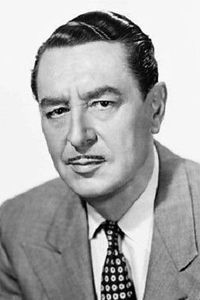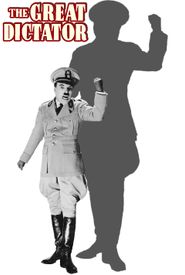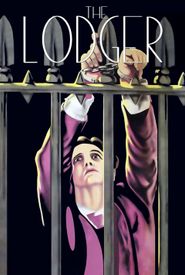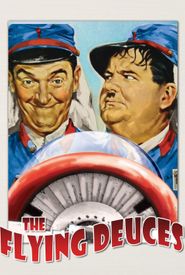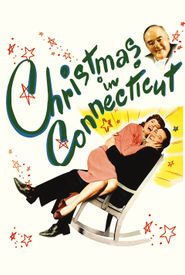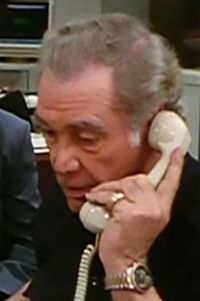Reginald Gardiner, a talented English-born thespian, graduated from the prestigious Royal Academy of Dramatic Arts and rose to fame as a revue and musical star on the London stage in the 1930s.
He initially ventured into the film industry with a role in Alfred Hitchcock's The Lodger: A Story of the London Fog in 1927. However, it was his move to Hollywood in 1935, prompted by Beatrice Lillie, that truly catapulted his career.
Gardiner's Broadway debut was a huge success, as he delighted audiences with his clever impersonations in "An Evening with Beatrice Lillie and Reginald Gardiner". His talent for playing eccentric characters earned him a string of film roles, including Born to Dance in 1936, where he portrayed a traffic cop with symphonic delusions.
His instant popularity led to a constant demand for his services, with film roles often typecasting him as a suave, upper-crust English twit. He effortlessly brought these characters to life with his signature attire, thin moustache, and obtuse mannerisms.
Some of his most notable film performances include A Damsel in Distress, The Man Who Came to Dinner, and Cluny Brown. In later years, Gardiner became a regular on television, co-starring in The Phyllis Diller Show in 1966, and made a triumphant return to the stage in 1964, playing Alfred P. Doolittle at the New York City Centre.
John Canaday, in his review for the New York Times, described Gardiner's character as a "wonderful, boozy, abominable, bug-ridden and altogether reprehensible charmer, a kind of defrocked Boy Scout, whose love for everybody is exceeded only by his propensity for chicanery and self-indulgence".
Gardiner was also celebrated for his iconic monologue, simply titled 'Trains', which so impressed King George VI that he summoned the actor to Buckingham Palace for a special performance. 'Trains' was later recorded by Decca and has since become a collector's item.
